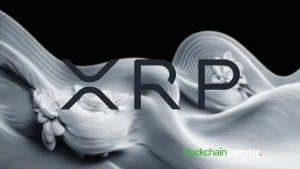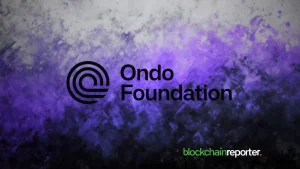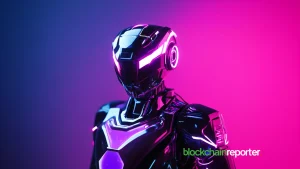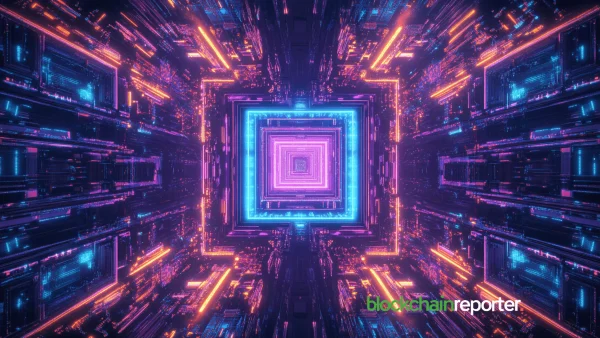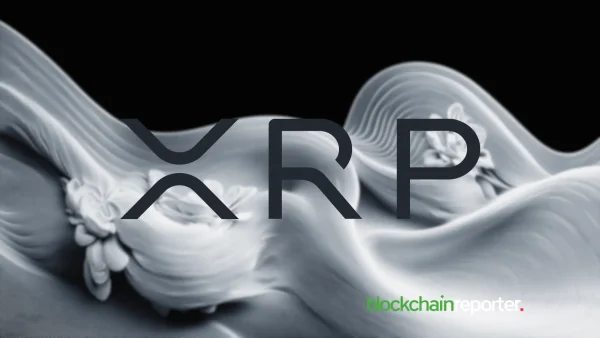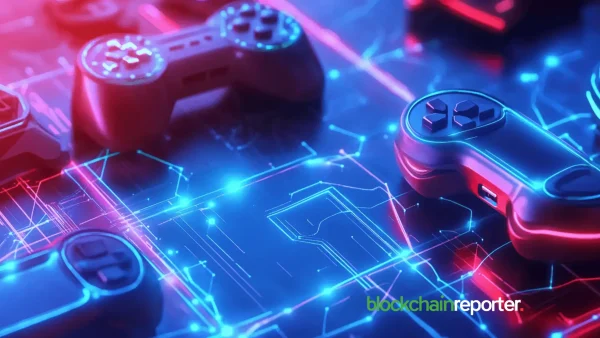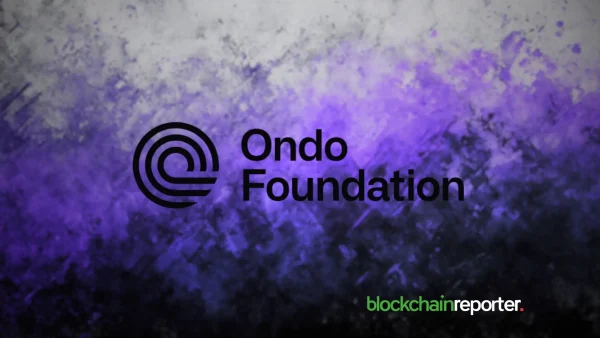
Introduction
In recent years, the advent of blockchain technology has brought about a significant shift in how we store, manage, and secure digital information. As a result, many individuals and businesses have begun to question how blockchain compares to traditional database models. In this article, we will explore the key differences between blockchain and traditional database models, focusing on aspects such as decentralization, data management, database architecture, and security, while incorporating essential concepts like distributed ledgers, immutability, peer-to-peer networks, data storage, transparent transactions, cryptographic hashing, and smart contracts. Let’s find out together how is blockchain different from traditional database models.
How is Blockchain Different from Traditional Database Models
Database Architecture and Distributed Database Systems
One of the most notable differences between blockchain and traditional database models is the underlying database architecture. Traditional databases, such as relational databases and NoSQL databases, are designed to store and manage data in a centralized system. In contrast, blockchain technology relies on distributed database systems, wherein data is stored across multiple nodes in a peer-to-peer network as a distributed ledger. This decentralization eliminates the need for a central authority, creating trustless systems that are more resilient to attacks and single points of failure.
Transaction Processing and Data Replication
In traditional databases, transaction processing follows the ACID (Atomicity, Consistency, Isolation, Durability) properties, which ensure data integrity, consistency, and reliability. Blockchain technology, on the other hand, utilizes consensus mechanisms to validate and process transactions, ensuring network resilience and fault tolerance. Additionally, blockchain networks employ data replication, wherein each node stores a copy of the entire ledger. This design leads to increased data redundancy, providing fault tolerance and ensuring that the data remains available even if some nodes fail.
Immutability and Cryptographic Hashing
Blockchain technology is known for its immutability, meaning that once data is recorded on the blockchain, it cannot be altered. This is achieved through cryptographic hashing, which secures data within a block, linking it to the previous block in the chain. This structure ensures data integrity and security, as altering any data within a block would require changing the subsequent blocks in the chain, making tampering virtually impossible.
Database Scalability and Consistency Models
Traditional database models are designed to handle large volumes of data and can be scaled through techniques such as data sharding and replication. Blockchain technology, on the other hand, has faced challenges in achieving similar levels of database scalability due to its decentralized nature and consensus requirements. However, ongoing research and development efforts, such as off-chain transactions and layer 2 solutions, are addressing these scalability issues, making blockchain technology more suitable for a broader range of use cases. Additionally, blockchain networks follow a different consistency model known as eventual consistency, where the system eventually reaches a consistent state across all nodes.
Network Resilience and Smart Contracts
Blockchain technology offers a high level of network resilience due to its decentralized and distributed nature. In the event of a node failure or attack, the remaining nodes in the network can continue to operate and maintain the integrity of the ledger. This level of resilience is crucial for systems that require high availability and fault tolerance. Moreover, blockchain networks can incorporate smart contracts, which are self-executing contracts with the terms of the agreement directly written into code. Smart contracts enable transparent, secure, and automated transactions between parties, further enhancing the capabilities of blockchain technology.
Blockchain Use Cases
The unique characteristics of blockchain technology have led to numerous use cases across various industries. Some notable examples include supply chain management, financial services, healthcare, real estate, and digital identity management. By leveraging blockchain’s decentralized, transparent, and secure nature, these industries can benefit from increased efficiency, reduced costs, and improved trust between participants.
Conclusion
In summary, blockchain technology differs significantly from traditional database models in terms of database architecture, distributed database systems, transaction processing, data replication, database scalability, consistency models, network resilience, and version control. Additionally, the unique features of blockchain, such as distributed ledgers, immutability, peer-to-peer networks, data storage, transparent transactions, cryptographic hashing, and smart contracts, contribute to its growing appeal across various industries and applications.
While traditional databases have their merits in certain applications, blockchain technology offers a more secure, transparent, and resilient solution for storing and managing digital information. As the technology continues to evolve, it is likely that we will see an increasing number of use cases that leverage the unique advantages of blockchain over traditional database models, revolutionizing various industries and applications that have traditionally relied on centralized databases.
In conclusion, the key differences between blockchain and traditional database models lie in their architecture, data security, transparency, and data management approaches. Blockchain technology offers a decentralized, secure, and transparent solution that can potentially transform the way we store, manage, and protect digital information in various industries. By understanding these differences and exploring the potential applications of blockchain, organizations can leverage this technology to create innovative solutions and drive digital transformation in the age of decentralization. Now you should have a clear understanding regarding how is blockchain different from traditional database models.
READ MORE:
How Can Features of Blockchain Support Sustainability Efforts
How Does Blockchain Technology Help Organizations When Sharing Data?
Which Statement is True About Blockchain?
How Does Blockchain Support Data Privacy?
Frequently Asked Questions
What are the main differences between blockchain and traditional database models?
The main differences between blockchain and traditional database models include their architecture, data security, transparency, and data management approaches. Blockchain technology utilizes decentralized, distributed database systems, while traditional databases rely on centralized systems.
How does blockchain technology ensure data security and immutability?
Blockchain technology ensures data security and immutability through cryptographic hashing, which secures data within blocks and links them to the previous block in the chain. This structure makes tampering with the data virtually impossible.
What are some of the challenges faced by blockchain technology in terms of scalability?
Blockchain technology has faced challenges in achieving similar levels of database scalability as traditional models due to its decentralized nature and consensus requirements. However, ongoing research and development efforts, such as off-chain transactions and layer 2 solutions, are addressing these scalability issues.
How does blockchain technology offer network resilience?
Blockchain technology offers network resilience due to its decentralized and distributed nature. In the event of a node failure or attack, the remaining nodes in the network can continue to operate and maintain the integrity of the ledger.


